
Many people think of ‘welcoming’ as encouraging in-migration or recruiting people to offset population stagnation or decline and provide economic growth. When Aspen CSG talks about ‘welcoming,’ we mean that people are both welcomed and feel like they belong by having real agency in their region in terms of representation and civic participation.
In order for communities to achieve their full potential, each and every person must be invested in community success and consider themselves represented in decision-making for the community. For that to happen, all residents must feel welcomed, connected, and valued as members of the community. Moreover, they must be logistically able to contribute to relevant decision-making and action processes in their community.
This requires that the community consistently identifies and addresses impediments to participation, including transportation, education, health, and timing, among others – and that it removes any discriminatory barriers to participation based on personal characteristics such as socio-economic class, gender, identity, race, country of origin, religion, or place of residence.
Building Block Evidence
Evidence suggests this building block is important because feelings of belonging in a community are associated with individuals’ physical and mental health.1,2,3 Having local social connections can support people’s sense of belonging4, and research suggests that people with meaningful social connections are happier, have fewer health problems, have less depression, and live longer.5
Feeling a sense of community can predict individuals’ community participation, including volunteering, donating to community organizations, and participating in associations—as well as their reported overall life satisfaction.6 The positive effects appear to be true among people who emigrated to a community6 and people born in the local area,3 including in rural communities. People living in rural communities may have a stronger sense of belonging, possibly related to knowing and trusting their neighbors.7
Creating socially connected communities includes investing in “meaningful community engagement”.8 Creating and participating in a range of “inclusive and welcoming solutions” can foster a sense of belonging and support broader engagement in collaborative efforts.8 Such solutions include creating inclusive public spaces; prioritizing people in transportation systems; constructing affordable housing and spaces for gathering and zoning to encourage diversity; shifting power to community members, elevating cultural practices, communicating creatively, and creating universal broadband access; and making social connectedness a community norm through use of frameworks, trauma- and resilience-informed practices, and declaring community values.9
Curated Resources
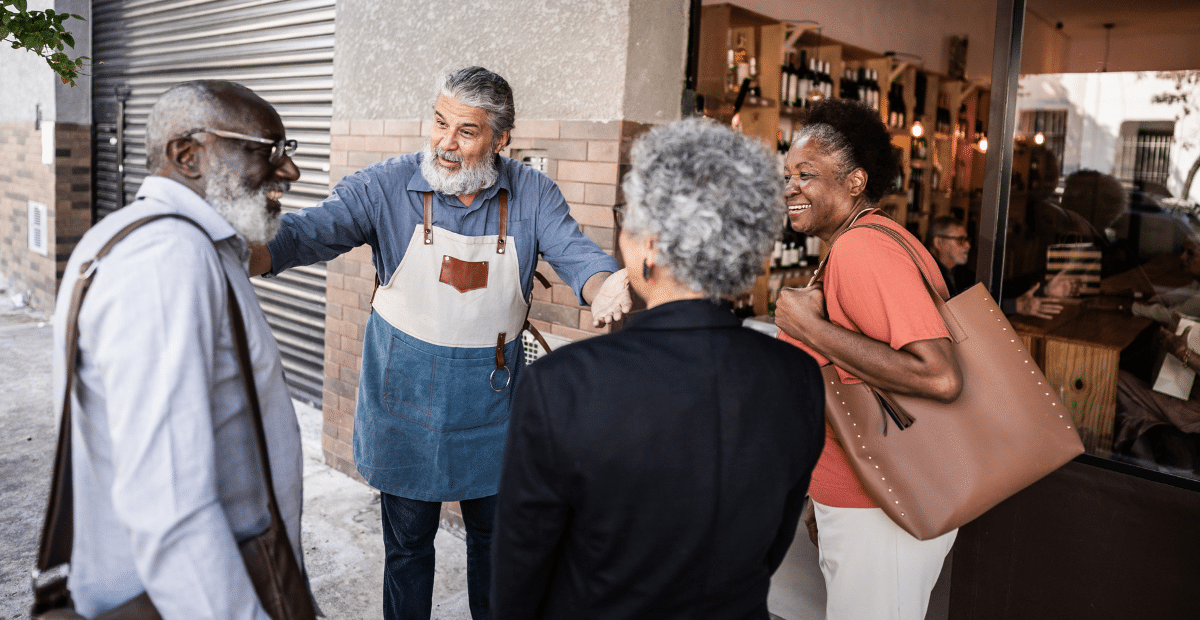
Learnings on Rural Migration and Displacement
Insights for community leaders to balance rural migration, retain longtime residents, and develop more equitable local economies.

Rural and Native Celebrations of the LGBTQ+ Community
A collection of rural, queer organizations and stories about rural communities and Native nations celebrating the LGBTQ+ community. Explore these moments to learn more about how queer people are celebrated in rural spaces.
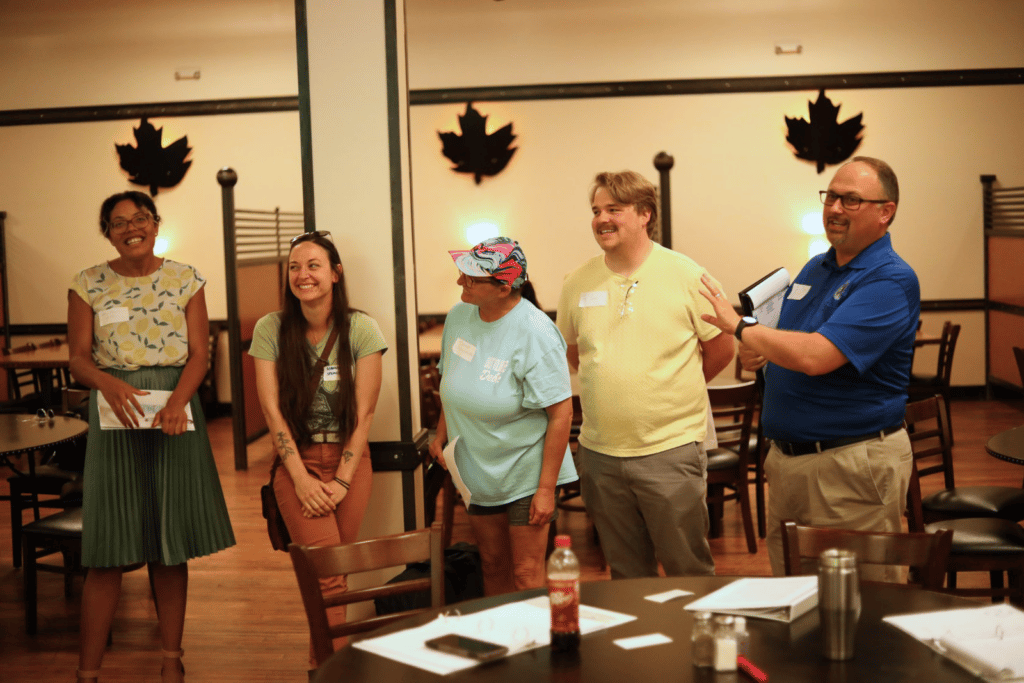
Communicating to Connect: moving beyond neutrality
This short case study has insights and tips to move beyond neutrality and still communicate effectively across the political spectrum.
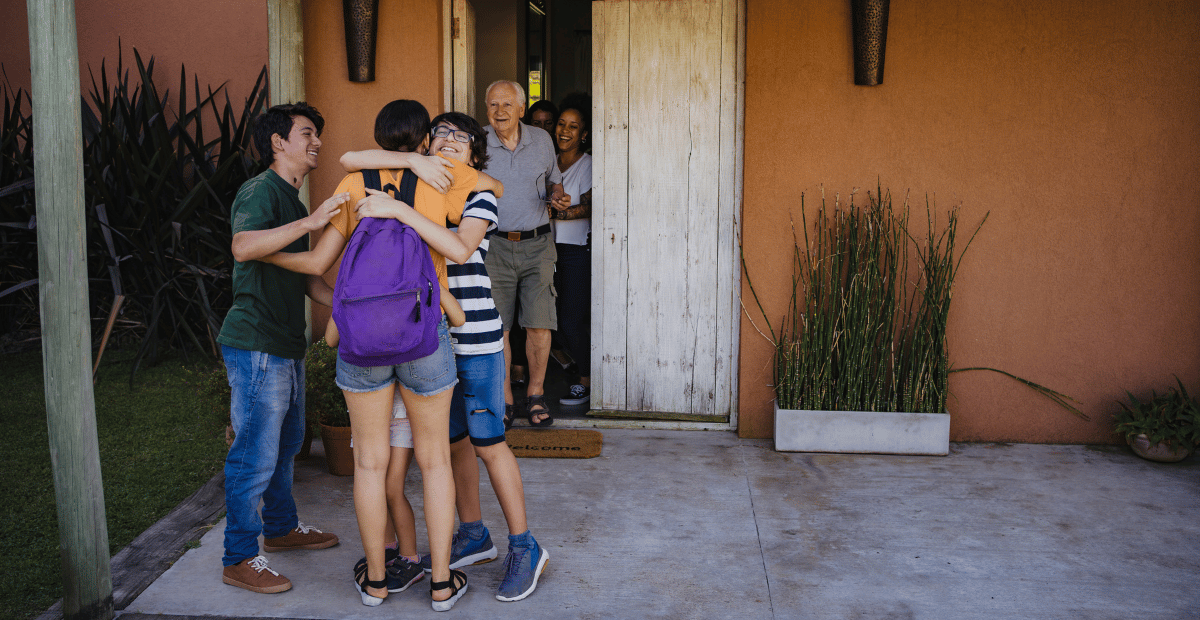
Ensuring Rural Communities Welcome Everyone
Resources and best practices to ensure that each and every person is welcomed to the community, feels connected, and is able to exercise and influence power in community decision-making.
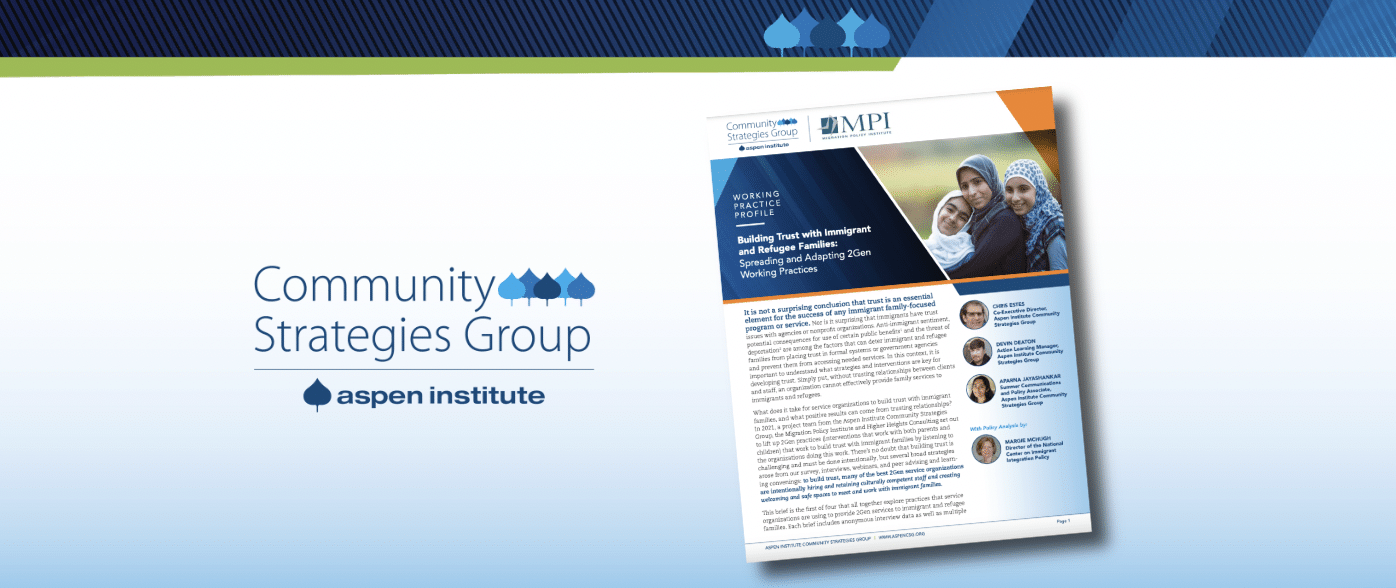
Building Trust with Immigrant and Refugee Families
Trust between social service organizations and their clients is crucial to effectively provide services to immigrant and refugee families. Our…
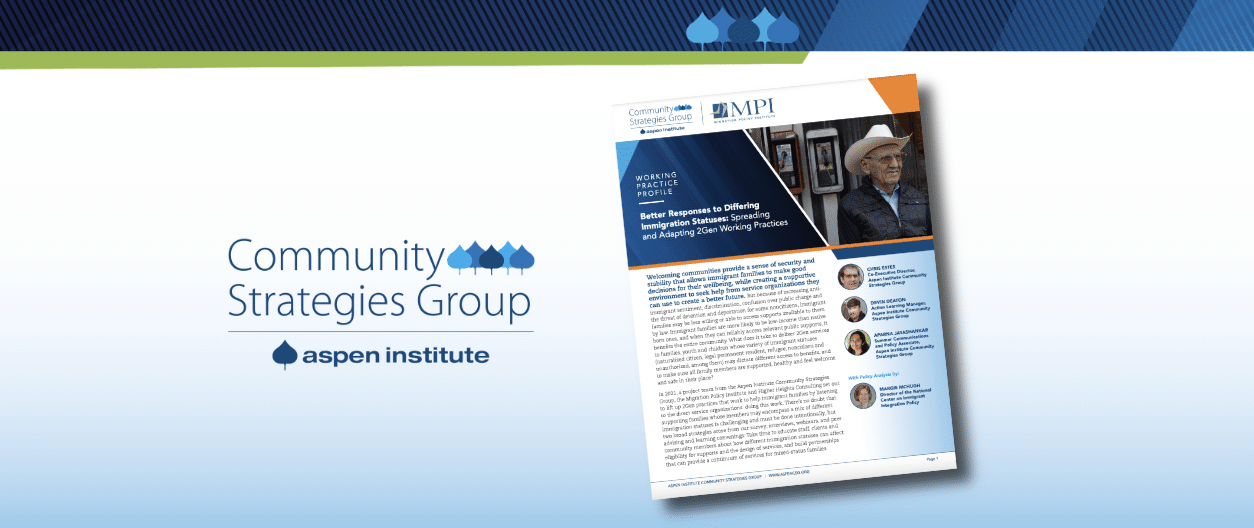
Better 2Gen Practice Responses to Differing Immigration Status
What does it take to deliver 2Gen services to families, youth, and children whose various immigrant statuses may dictate different…
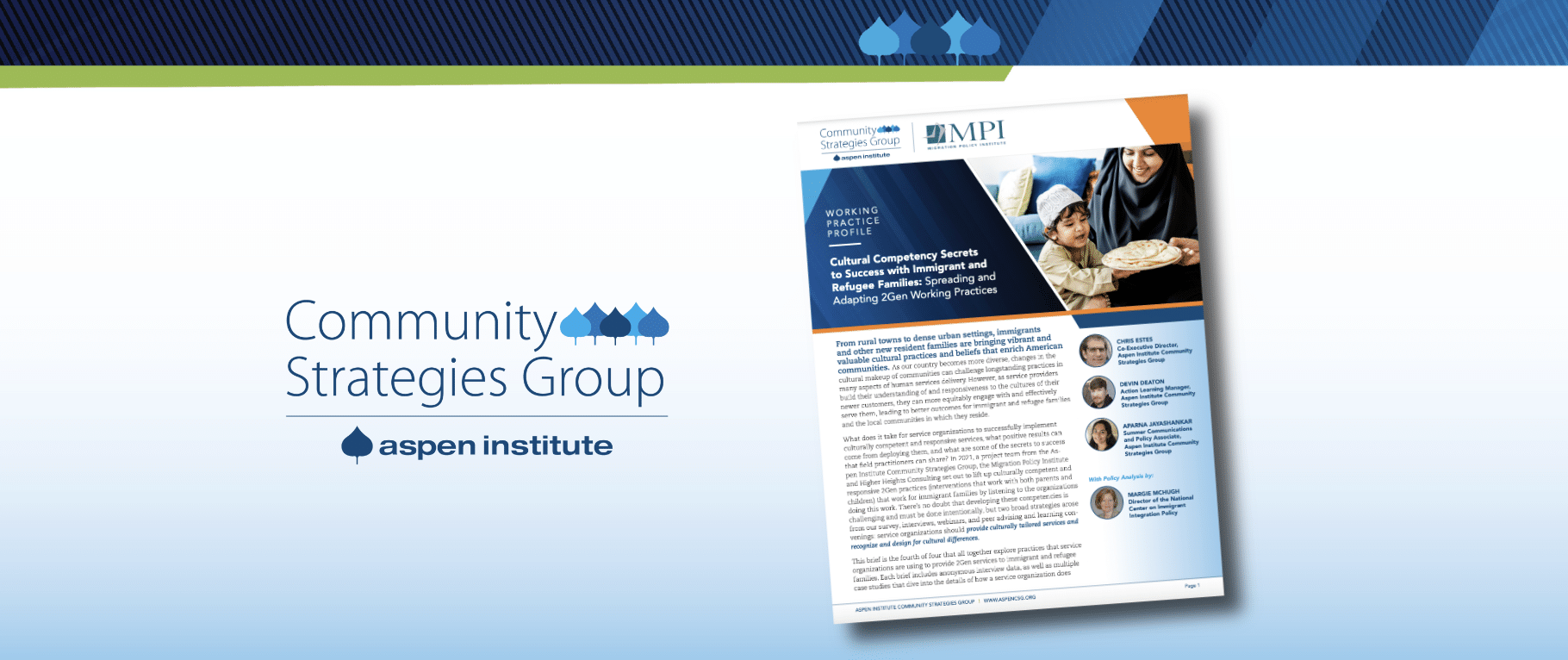
2Gen Cultural Competency Practices with Immigrant & Refugee Families
The cultural shift for immigrant and refugee families can be welcomed for some and terrifying for others, but what are…
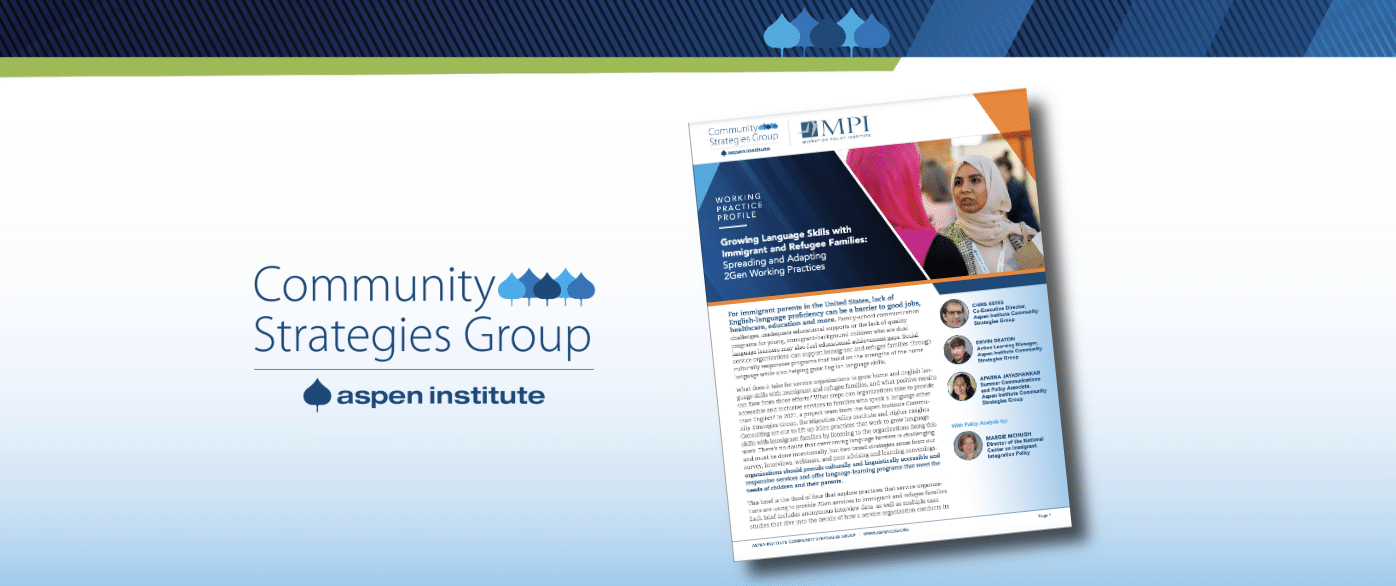
Growing Language Skills with Immigrant Families
What can be done to help immigrant families with the language barrier as they work on improving their language skills?…
Field Items
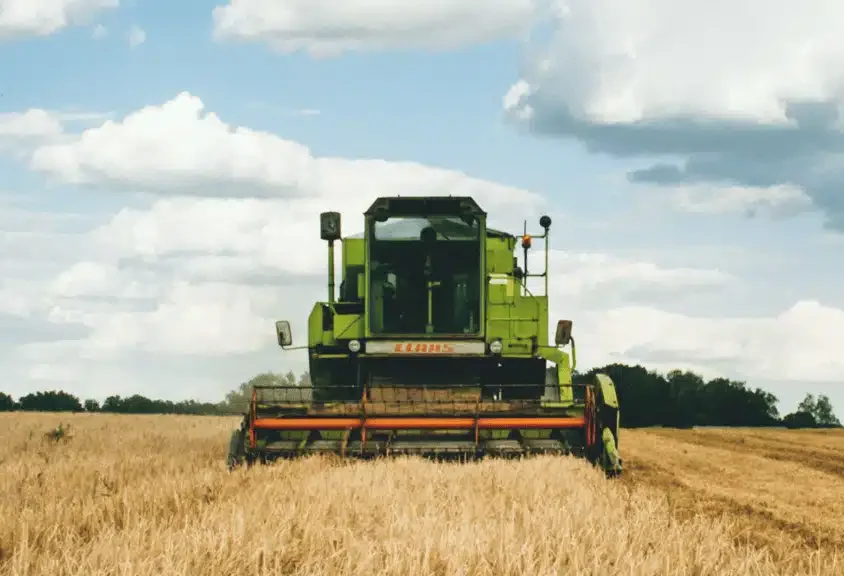
Rural Welcoming Initiative
Welcoming America
Participants in the Rural Welcoming Initiative (RWI) access technical assistance and coaching, free Welcoming America membership, and ongoing learning opportunities to strengthen welcoming efforts in rural communities. Communities will be tasked with cultivating relationships, examining their current policies and programs, and aligning their local immigrant inclusion efforts to the Welcoming Standard.
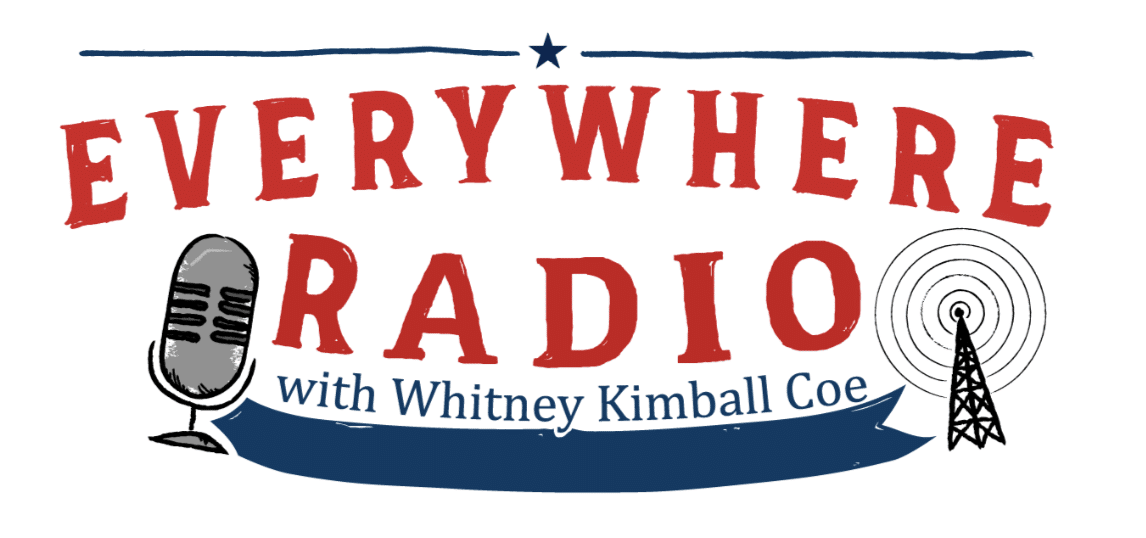
Rural Assembly Everywhere Radio
Rural Assembly
Everywhere Radio, hosted by Whitney Kimball Coe, features rural leaders and allies spotlighting the good, scrappy, joyful ways rural people are building a more inclusive nation.

Socially Connected Communities
Healthy Places by Design
The efforts that contributed to this report began in 2017 when the Robert Wood Johnson Foundation (RWJF)’s Global Ideas for U.S. Solutions team invested in an initiative to better understand social isolation and how to address it.
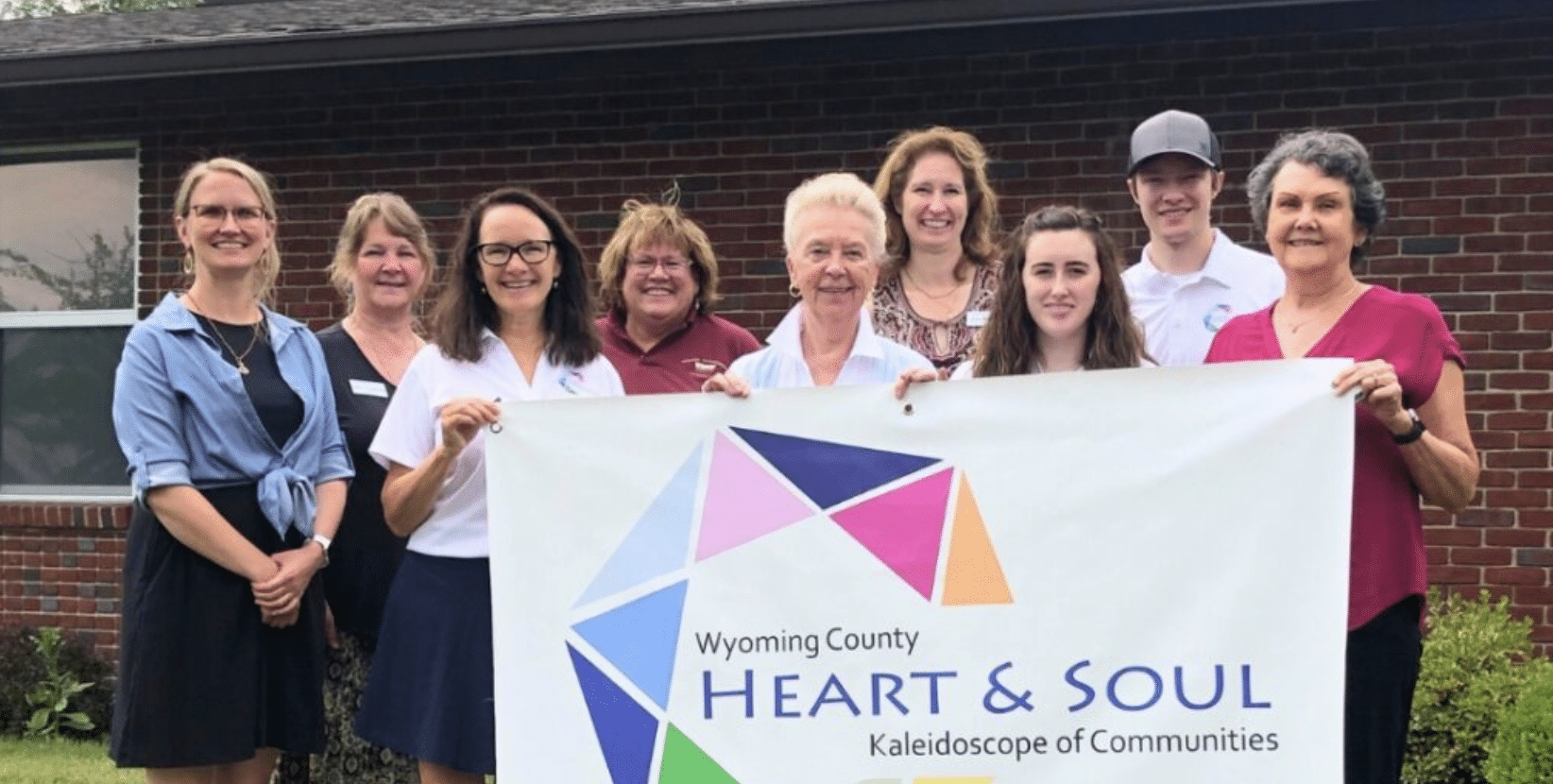
Community Heart and Soul
Community Heart and Soul
Community Heart & Soul is a resident-driven process that engages the entire population of a town in identifying what they love most about their community, what future they want for it, and how to achieve it. Developed and field-tested over a decade in partnership with over 120 small cities and towns across America, Community Heart & Soul is a proven process for engaging a community in shaping its future.
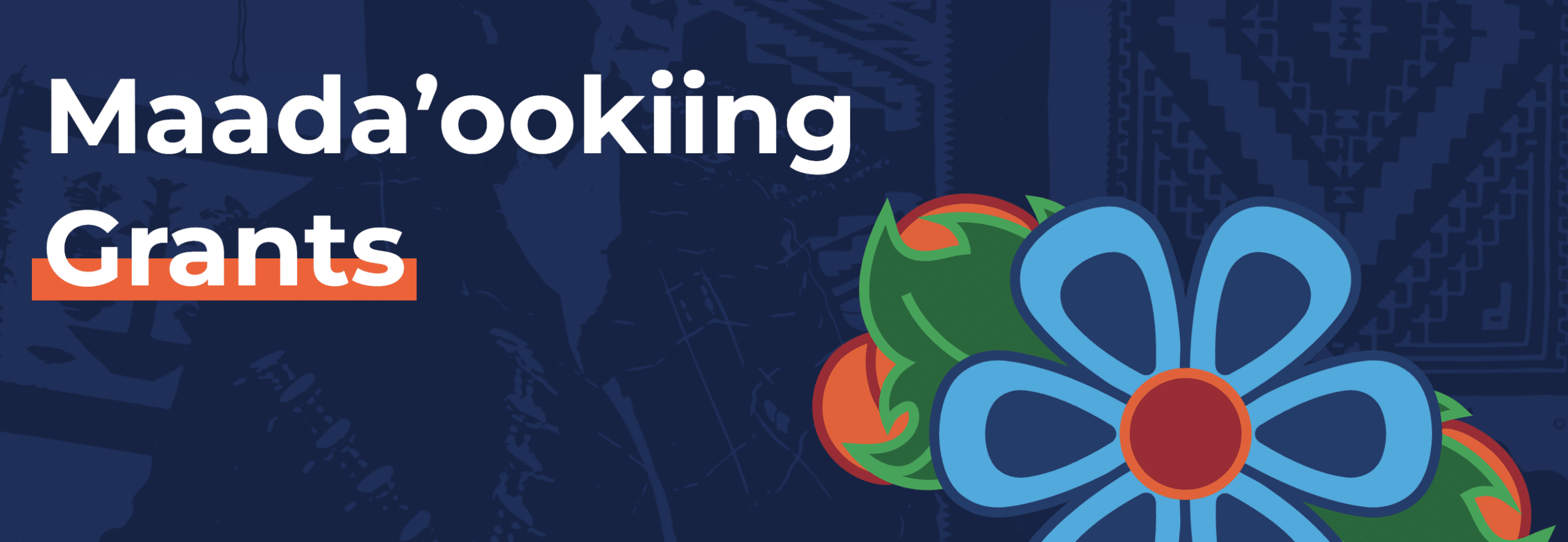
Maada’ooking Indigenous Grantmaking
Northland Foundation
Maada’ookiing, an effort of the Northland Foundation, offers support for Native American-led community building with grants now up to $5,000 to individuals or groups to strengthen culture and community.
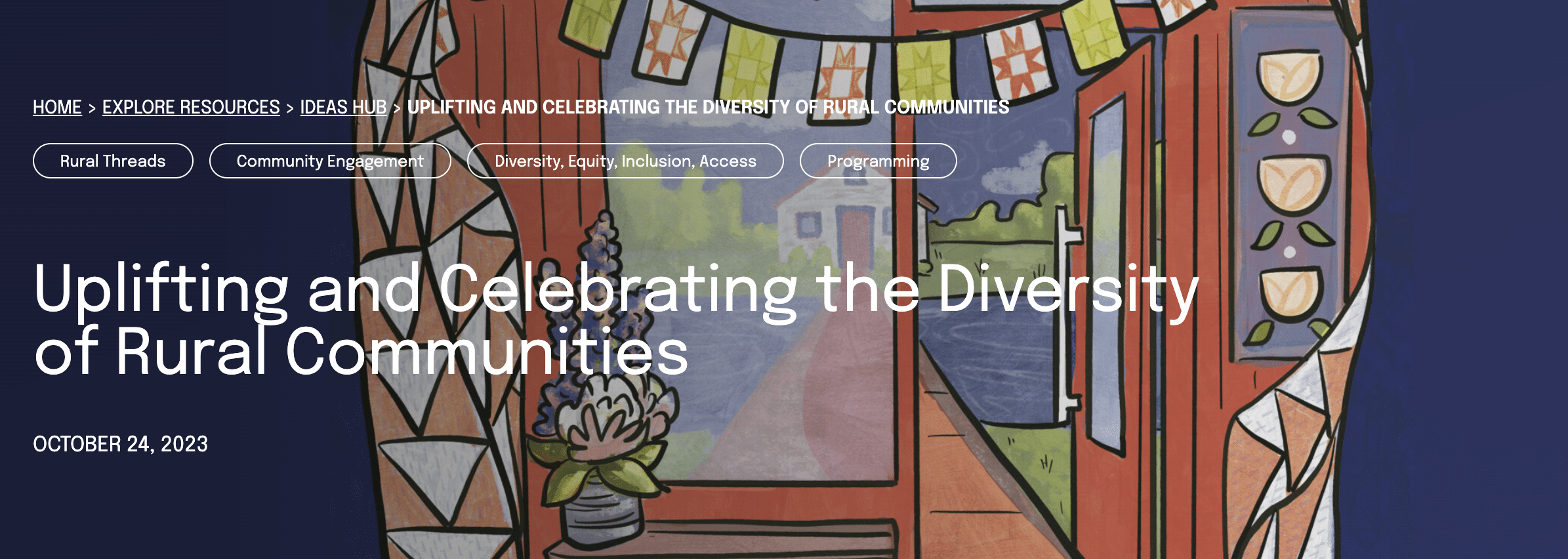
Arts Midwest Blog
Arts Midwest
The power of stories can be an important tool for building welcoming communities. Read more to learn about the different approaches taken by members of Welcoming America’s network.
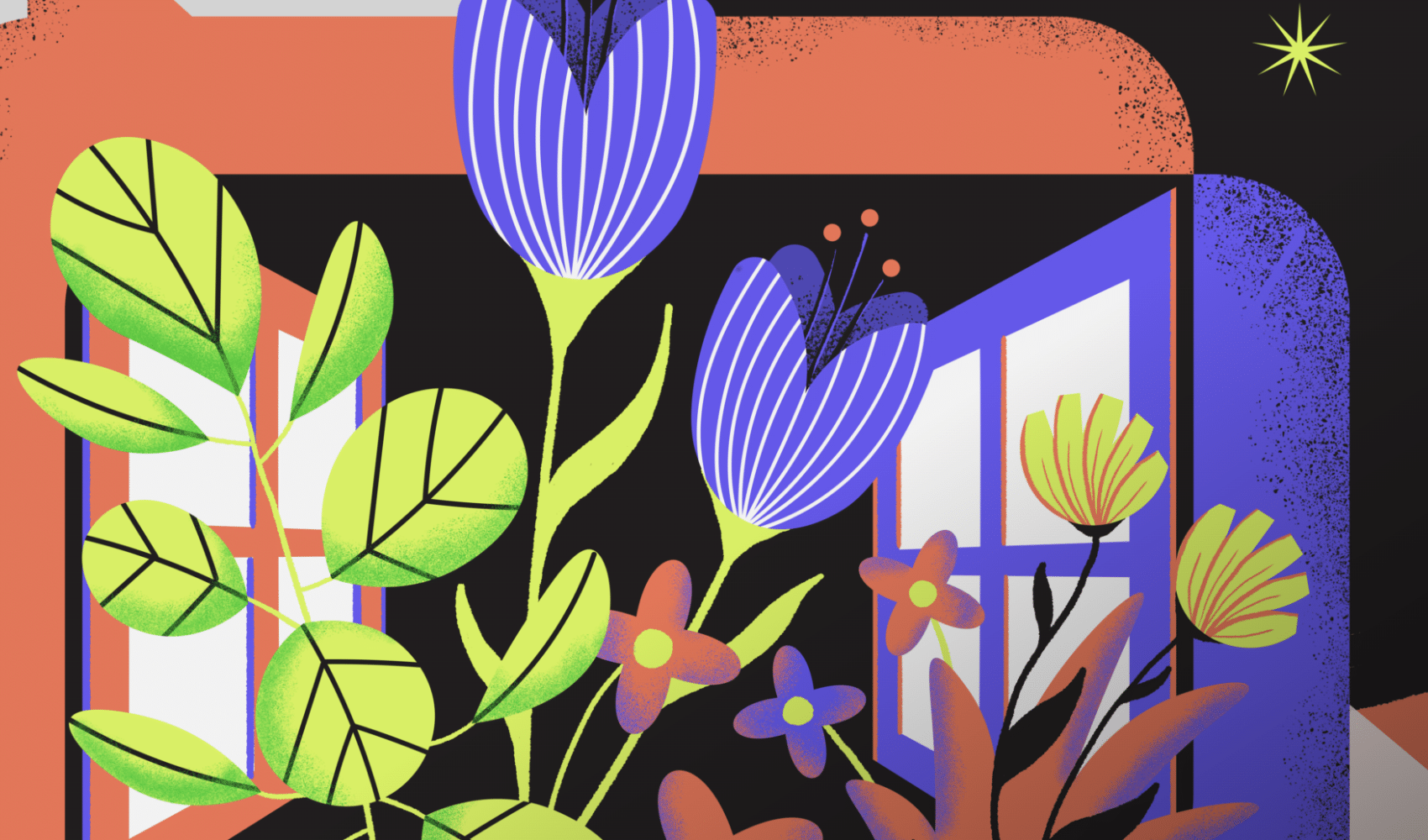
Arts Midwest Podcast
Arts Midwest
What does it mean to be a truly welcoming organization and how can arts leaders be more inclusive hosts who foster belonging? Dig into a discussion with two artists who regularly tackle these questions, Ananya Chatterjea and Marcus Young.
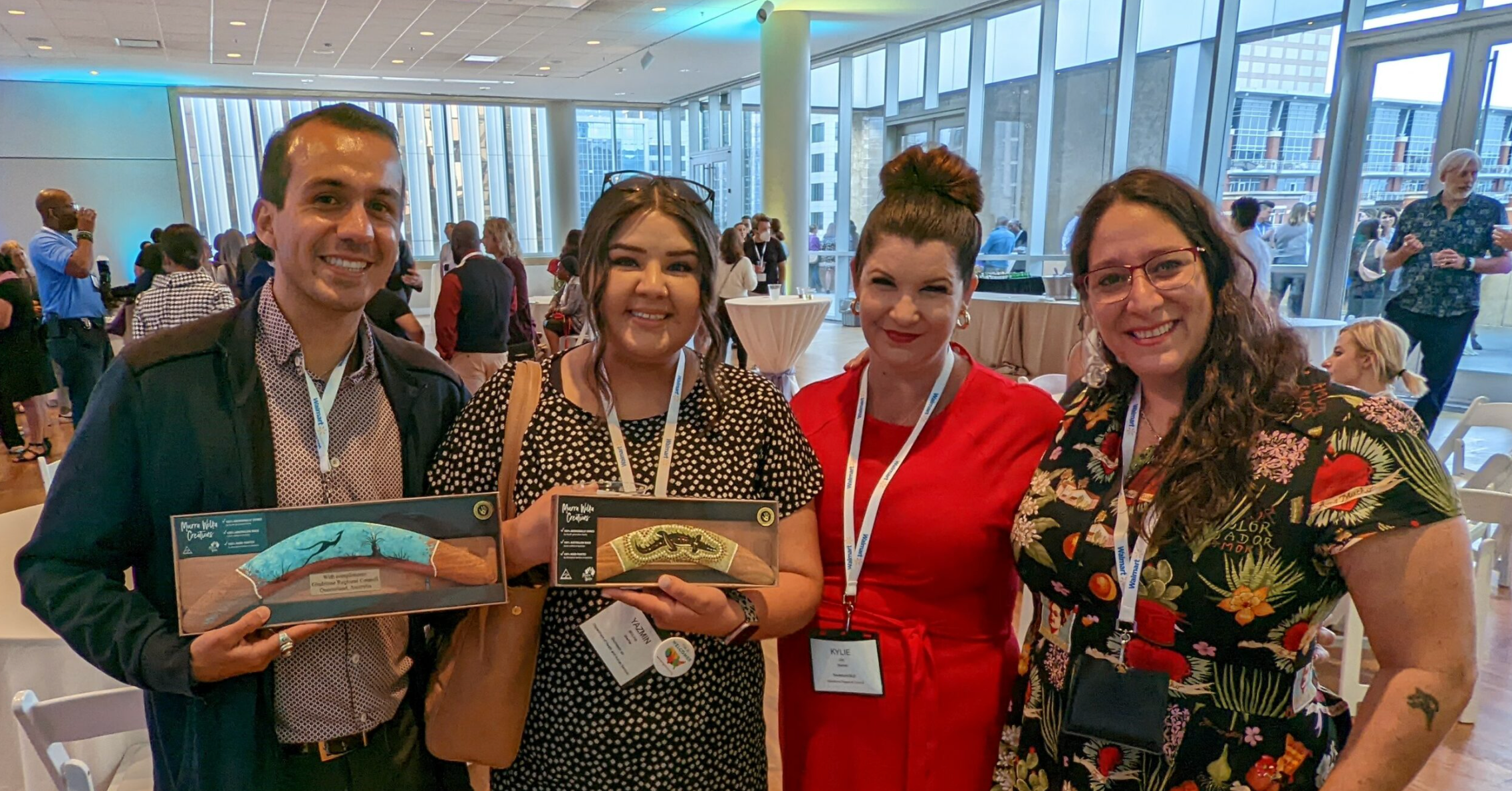
Welcoming International Blog
Welcoming International
Inspiring change: Reflections on welcoming newcomers into rural communities in Australia and the United States
We see the framework as a living document, which necessarily must evolve over time, and we seek to expand the collective ownership of the Thrive Rural Framework among rural equity, opportunity, health, and prosperity ecosystem actors. Please share your insights with us about things the framework is missing or ways it should change.
